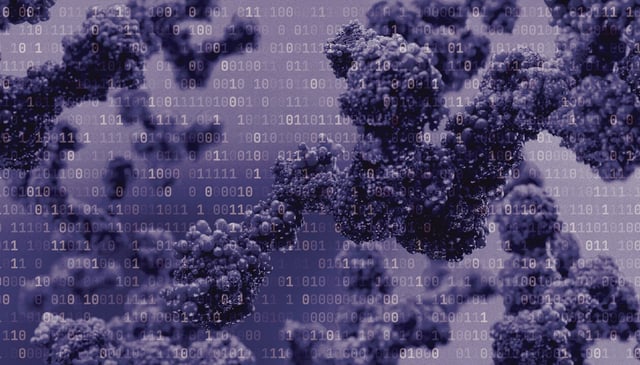Overview
- The peer-reviewed Science paper details a 2023 Microsoft red-team that used generative protein models, including EvoDiff, to redesign known toxins so orders no longer matched screening databases.
- Researchers produced roughly 76,000 sequence designs for 72 hazardous proteins, and post-patch tests still failed to flag about 3 percent of AI-altered variants.
- Microsoft notified the U.S. government and screening software makers before publication, prompting updates that improved detection, including of fragmented gene orders.
- The work remained entirely in silico with no proteins synthesized, leaving whether the escaped designs would retain harmful function unresolved.
- Experts diverge on defenses, with IDT’s Adam Clore supporting strengthened synthesis screening and UC Berkeley’s Michael Cohen urging safeguards in AI systems, while Twist Bioscience says malicious ordering attempts are rare.



